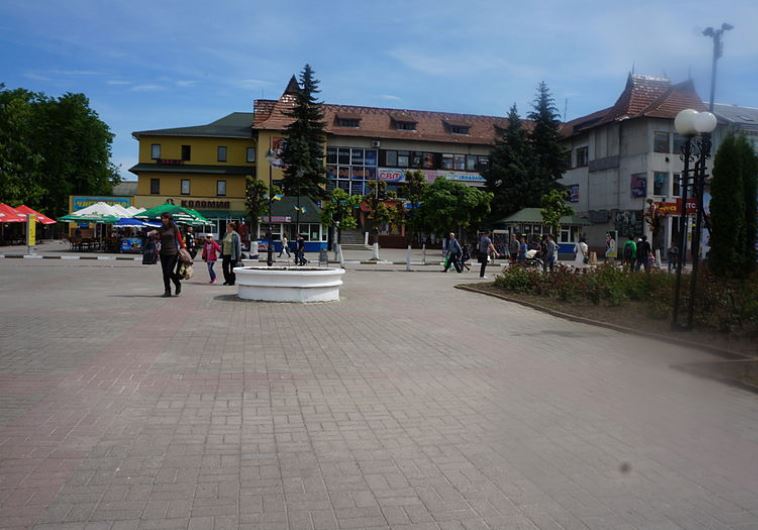Human rights group: Jewish mausoleum fire in Ukraine possibly arson
Municipal authorities gave Jewish community permission to add memorial monuments to the park surrounding the mausoleum.
 Central part of Kolomyia, Ukraine(photo credit: SKOROPADSKY/WIKIMEDIA COMMONS)Updated:
Central part of Kolomyia, Ukraine(photo credit: SKOROPADSKY/WIKIMEDIA COMMONS)Updated: